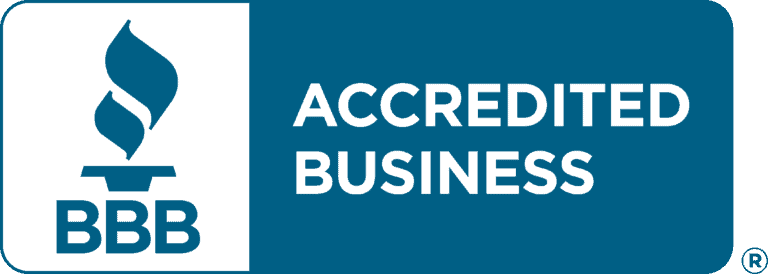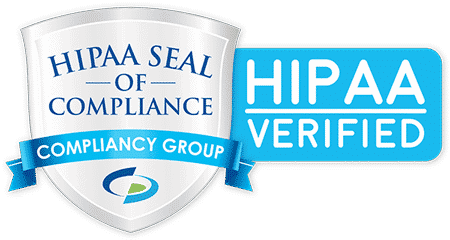Small businesses today are the driving force of America’s economy, lowering unemployment rates with job creation. However, the COVID-19 pandemic overturned routine business operations, with several business owners grappling with financial difficulties while struggling to stay afloat.
Noticeably, the US government has introduced several tax credits beneficial for small businesses.
At Expense to Profit, we introduce business owners to strategies to upscale their ventures, lower expenses, and increase their bottom line.
This article keenly examines the total tax credits available to small businesses in 2023. Whether your business is a sole proprietorship, partnership, limited liability company (LLC), or corporation, these tax credits could significantly impact your finances.
Let’s check them out.
The Employee Retention Credit
The Employee Retention Credit (ERC) is a tax credit designed to encourage eligible business owners who kept employees on the payroll during the pandemic. This credit was implemented as part of the Coronavirus Aid, Relief and Economic Security (CARES) Act. Congress made amendments to expand and extend the program through the Consolidated Appropriations Act (CAA) and the American Rescue Plan Act (ARPA).
The ERC benefits business owners who retained their employees if they could not operate fully during the pandemic. Initially, you could claim up to 50% of up to $10,000 in employee-qualifying wages for 2020.
However, the ARPA made provisions for improvements to the ERC. Now, you can claim up to 70% of up to $10,000 in qualifying wages for each employee for Q1, Q2, and Q3 of 2021.
The process of claiming this credit can be complex. We have helped hundreds of clients determine their eligibility and claim their credits. You can also visit this page on our website to learn more.
Work Opportunity Tax Credit (WOTC)
The Work Opportunity Tax Credit (WOTC) is a federally funded tax credit available to employers who hire individuals from certain disenfranchised groups that are usually considered to face barriers to employment.
The WOTC encourages employers to hire individuals who may experience difficulty being gainfully employed due to several factors. Some of these employees include:
- Veterans
- People with disabilities
- Social Security Income (SSI) recipients
- Temporary Nutrition Assistance Program (SNAP) recipients
- Supplemental Nutrition Assistance Program (TANF) recipients
- Selected community residents
- Ex-felons
- Summer youth employees
- Vocational rehabilitation referrals
To be eligible for WOTC, your company must receive confirmation from your state workforce agency (SWA) that your employee(s) belong to one of the groups mentioned above.
It is essential to consult with a tax credit professional to know the necessary documentation and steps to apply for this benefit.
Electric Vehicle Tax Credits for Small Businesses
The Electric Vehicle Tax Credit is a federal program that credits small businesses purchasing or leasing qualifying plug-in electric vehicles (EVs). The tax credit is designed to offset the cost of purchasing or leasing electric vehicles. You can obtain up to $7,500 in tax credits per vehicle.
You are eligible for this credit if you purchase qualifying EVs having a gross weight of less than 14,000 pounds. A battery must also power the vehicle with at least 4 kilowatt-hours capacity.
You should also consult with a tax professional to determine eligibility and how best to apply for this benefit.
Research and Development Tax Credit
The Research and Development (R&D) Tax Credit is a federal tax credit available for businesses that have incurred financial costs related to research and development activities. Examples include developing new products, improving existing ones, or creating software.
One of the benefits of this tax credit is a reduction in your tax liability, which can be further invested into future research projects. You can also use the tax credit to offset regular and alternative minimum taxes. You can claim up to $500,000 per tax year in refundable tax credit.
FICA Tip Credit
The FICA Tip Credit is a federal tax credit for hospitality and restaurant employers. It is designed to offset your portion of the Federal Insurance Contributions Acts (FICA) taxes you paid on employee tips.
The benefit of this credit includes reducing your tax liability and helping you pay competitive wages to your employees. You must have employees who receive tips appropriately reported.
401(k) Startup Tax Credit
The 401(k) start-up tax credit is specially designed to help small businesses with the costs of starting a new retirement – especially a 401(k) plan. This tax credit aims to encourage small business owners to offer retirement plans to their employees – which is one of the benefits talented potential workers look out for.
Your business can receive up to $5,000 per year for the plan’s first three years.
Small Business Health Care Tax Credit
The Small Business Health Care Tax Credit is specially provided to small businesses that offer health insurance coverage to their employees. The credit can cover up to 50% of the cost of premiums.
The credit is intended to make it affordable for business owners to provide healthcare benefits to their workers. To be eligible, you must have less than 25 full-time employees (FTEs) paid less than $55,000 yearly. Your business must also contribute 50% of the premium costs for your workers’ health insurance.
Conclusion
Small business owners have access to a wide range of tax credits designed to lower their tax liability and the costs of providing employee benefits. It is recommended to consult with an expense reduction and tax professional to determine eligibility, documentation needed, and how to apply for these benefits.
Expense to Profit is a cost-reduction consultancy created to help businesses improve their profit margins while reducing expenses. We can improve your bottom line with proven and tested strategies tailored to your needs.
Call Today for a free consultation and expense reduction analysis.






